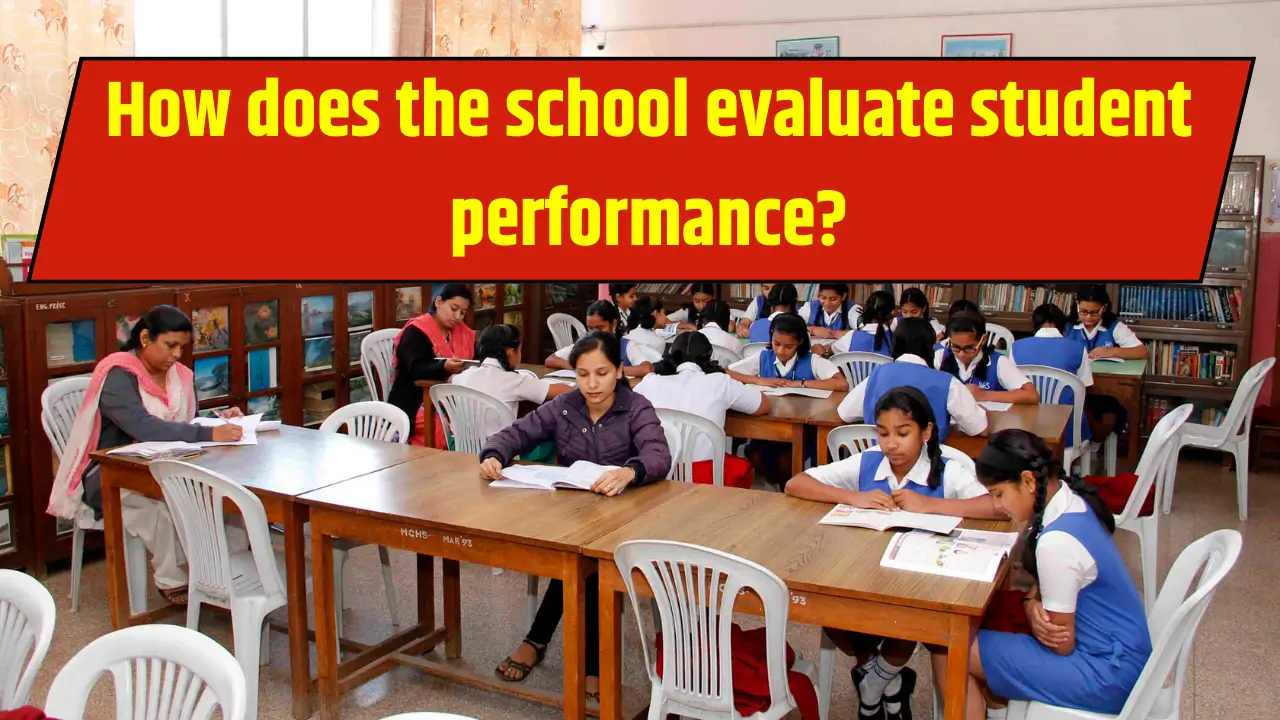At Carmel Convent School, Chatrapur, evaluating student performance is a multifaceted process designed to gauge knowledge acquisition, skill development, personal growth, and overall academic progression.
Understanding how the school conducts assessments is vital for parents, students, and educators to align expectations and foster continuous improvement.
This comprehensive article explores the evaluation system at Carmel Convent School, detailing assessment types, frequency, grading metrics, remedial mechanisms, co-curricular evaluation, and recent advances up to 2025 that refine the process for accuracy, fairness, and inclusivity.
Core Philosophy of Student Evaluation
- The school adopts a holistic evaluation approach beyond traditional exams to encompass varied dimensions of student learning.
- Evaluation is viewed as a continuous and supportive process, encouraging students to reflect on their learning and improve.
- Emphasis is placed on formative (ongoing) and summative (final) assessments, balancing day-to-day progress with major examinations.
- The system promotes personalized feedback, recognizing individual differences and learning paces.
Types of Assessments Employed
1. Formative Assessment
- Conducted regularly through quizzes, oral questioning, classwork, homework, and group activities.
- Enables teachers to monitor understanding, identify learning gaps, and adapt teaching plans accordingly.
- Encourages student participation, engagement, and self-reflection during the learning process.
2. Summative Assessment
- Conducted at the end of terms or units through more formal tests and examinations.
- Includes mid-term and final exams that evaluate cumulative knowledge.
- Serves as key performance indicators for academic progression.
3. Project Work and Practical Assessments
- Applied across subjects like Science, Geography, Social Studies, and Computer Science.
- Students undertake research, experiments, presentations, and creative outputs demonstrating practical understanding.
4. Co-Curricular and Extracurricular Assessment
- Assessment of participation and achievements in sports, arts, debates, social service, and leadership roles.
- Encourages balanced development, teamwork, and social skills.
Evaluation Frequency and Academic Calendar Integration
| Evaluation Type | Frequency | Applicable Classes |
| Formative Assessments | Weekly to Monthly | All Grades |
| Term/Unit Tests | Quarterly (3 terms per year) | All Grades |
| Final Examinations | End of Academic Year | All Grades |
| Practical/Project Exams | As per subject schedule | Middle & Secondary Levels |
| Co-Curricular Reviews | Annual or term-wise | All Levels |
- The evaluation schedule aligns with school terms and the CISCE board calendar.
- Parents receive timely progress reports and attend Parent-Teacher Meetings to discuss results.
Grading System and Reporting
- Carmel Convent School uses a grade-based reporting system with marks converted into grades for clear interpretation.
- Grade descriptors elaborate on the level of mastery ranging from excellent to needs improvement.
- Report cards include academic grades, attendance, behavior, and co-curricular involvement.
- Special comments by teachers provide qualitative feedback.
Remedial and Enrichment Measures
- Low-performing students are identified through assessments and offered extra help or remedial classes.
- Higher achievers are encouraged with advanced studies, competitions, and enrichment activities.
- Continuous assessments help track improvements and tailor interventions promptly.
Use of Technology in Evaluation
- Digital platforms facilitate online quizzes, e-assessments, and instant result compilation.
- Teacher dashboards allow detailed analysis of class and individual performance metrics.
- Students have access to online portals to view marks, assignments, and feedback anytime.
Recent Updates to the Evaluation System (2025)
- Introduction of continuous assessment records (CAR) providing holistic, real-time snapshots of student progress.
- Increased emphasis on skills-based competencies including communication, teamwork, and problem-solving.
- Formal inclusion of self-assessment and peer review sessions to foster reflective learning.
- Regular training for teachers on effective evaluation practices and unbiased grading.
- Deployment of remote evaluation tools to support hybrid learning models.
- Expansion of portfolio assessments showcasing project work and presentations.
- Enhanced parent engagement through digital reports and consultative meetings.
Summary Table: Student Performance Evaluation at Carmel Convent School
| Aspect | Description | Frequency/Scope |
| Formative Assessment | Quizzes, oral questions, classwork | Weekly/monthly; all subjects |
| Summative Assessment | Term exams, final exams | Quarterly/year-end |
| Practical & Project Work | Science, social studies, computer, arts | Per subject schedule |
| Co-Curricular Evaluation | Sports, arts, leadership | Termly/annually |
| Grading | Letter grades with teacher comments | Every assessment |
| Feedback Mechanism | Continuous, with parent-teacher meetings | Scheduled through academic year |
Conclusion
The evaluation system at Carmel Convent School, Chatrapur is designed to provide a comprehensive and balanced assessment of each student’s academic achievements and personal development.
By combining formative and summative evaluations, practical assessments, and co-curricular performance, the school ensures that students receive continuous, constructive feedback promoting growth and excellence.
With 2025 advancements in digital tools, competency focus, and inclusive assessment methods, Carmel Convent School continues to refine its evaluation processes, catering effectively to diverse learning needs and preparing students for academic success and life challenges beyond the classroom.
















